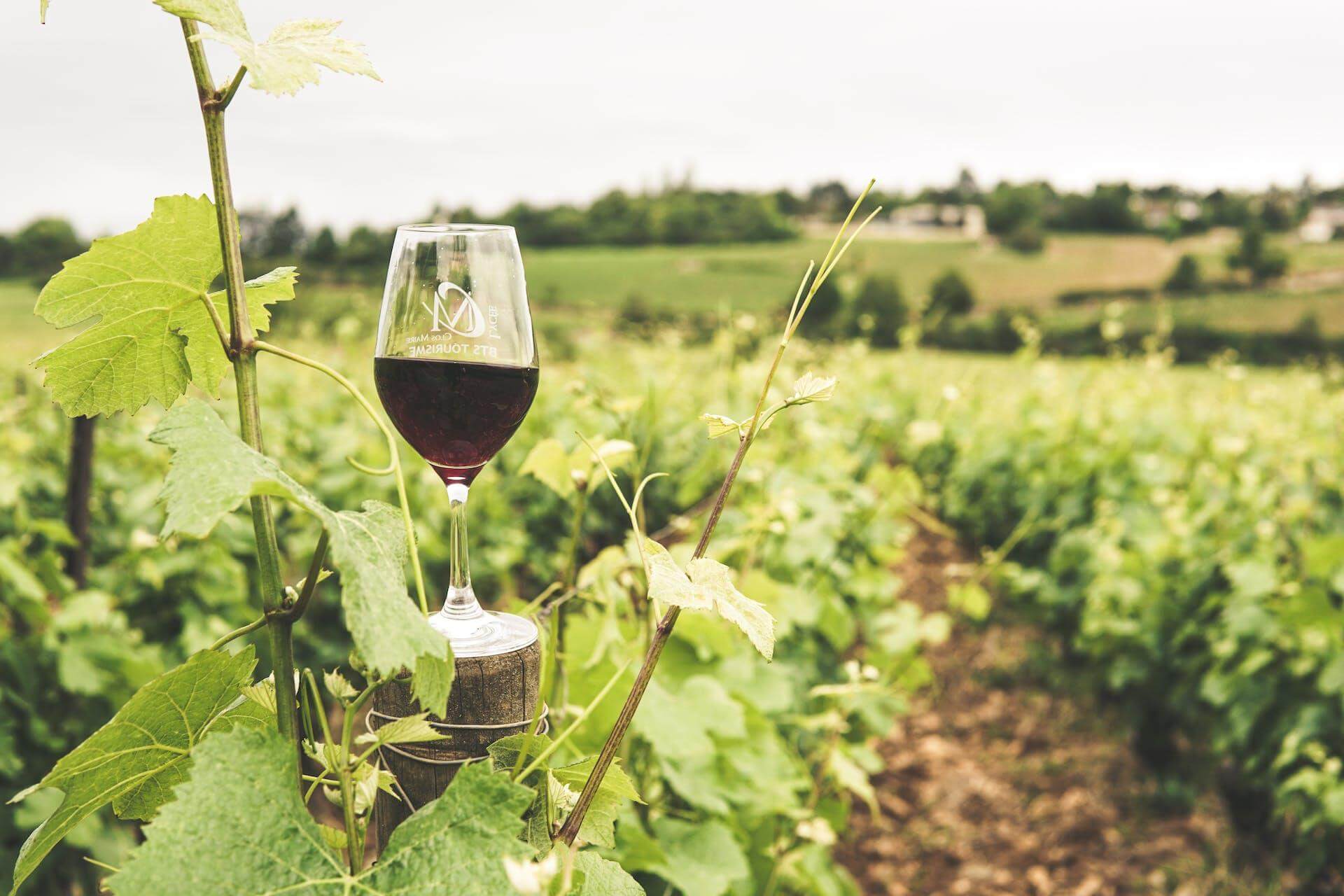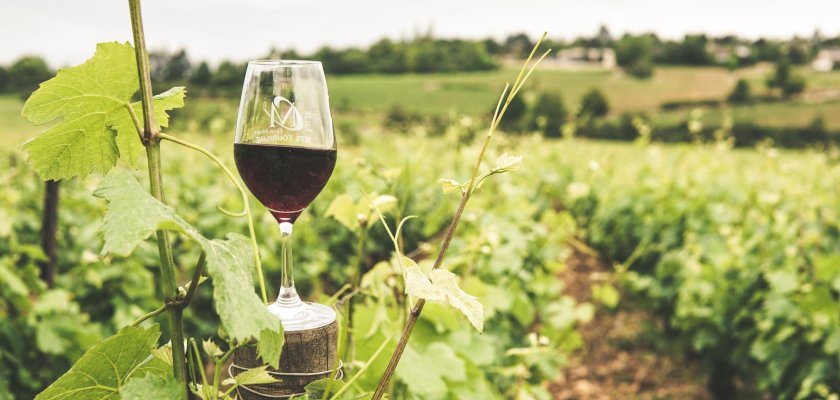The wine industry has long been characterized by tradition and heritage, but in recent years, a new wave of innovation has emerged, led by boutique wineries. Thanks to the availability of second-hand winery equipment and high-quality aftermarket grape harvester parts, many artisanal producers have been able to launch small, relatively low-cost operations. From humble beginnings, they’ve been making significant waves, ushering in a new era in the world of wine.

Let’s take a digital stroll through their vineyards, exploring five ways boutique wineries are challenging this ancient industry’s conventional norms.
Unique Terroirs and Varietals
Boutique wineries are redefining the concept of terroir, emphasizing the unique characteristics of their vineyards and the varietals they cultivate. Unlike larger producers that may blend grapes from various regions, boutique wineries focus on expressing the distinct flavors and nuances of a specific terroir. This dedication to authenticity and individuality results in wines that tell a story of the land, climate, and craftsmanship behind each bottle.
By championing lesser-known grape varieties and cultivating them in distinctive terroirs, boutique wineries offer consumers a diverse and exciting range of wines that showcase the richness and complexity of the wine world. Each bottle is an adventure waiting to be uncorked.
Innovative Winemaking Techniques
Boutique winemakers love pushing the boundaries of traditional techniques. From experimenting with fermentation processes to exploring alternative aging methods, these small producers embrace innovation, crafting wines that captivate the modern palate. Amphora aging, natural fermentation, and minimal intervention winemaking are just a few examples of the avant-garde approaches adopted by boutique wineries.
This commitment to innovation delivers unique and tantalizing wine-tasting experiences, attracting a new generation of wine enthusiasts seeking unconventional experiences.
Sustainable and Organic Practices
Sustainability is central to the ethos of many boutique wineries. Recognizing the importance of environmental responsibility, these producers often adopt organic and biodynamic farming practices. By eschewing synthetic pesticides and herbicides, embracing biodiversity, adopting social procurement strategies, and minimizing their carbon footprint, boutique wineries are leading the charge toward a more sustainable and eco-friendly wine industry.
This commitment to sustainability resonates with consumers who are increasingly conscious of the environmental impact of their choices. In effect, this has created a profitable niche market for boutique wineries that prioritize ethical and environmentally friendly practices.
Personalized Experiences
Boutique wineries often leverage direct-to-consumer (DTC) sales techniques, bypassing traditional distribution channels and building personal connections with their clientele. Through online stores, wine clubs, and other DTC methods, they offer unique and limited-edition releases to their loyal consumers, creating a sense of exclusivity and closeness.
Beyond the bottle, boutique wineries frequently offer personalized tasting experiences, vineyard tours, and intimate events. This direct engagement allows consumers to connect with the winemakers, understand the winemaking process, and develop a deeper appreciation for the artistry behind each bottle.
Artistic Label Design and Branding
Small wineries often take a creative approach to label design and branding, breaking away from conventional and conservative aesthetics. These producers view labels as an extension of their artistic expression, often collaborating with local artists to create visually stunning and distinctive labels.
Their unique and artistic branding sets them apart on the shelf while contributing to a broader cultural appreciation for the intersection between art and wine.
Boutique wineries are reshaping the wine industry by embracing authenticity, innovation, sustainability, direct-to-consumer sales, and artistic branding. These small producers are capturing the imagination of a new generation of wine enthusiasts who value diversity, individuality, and a connection to the land and the people behind each bottle.

